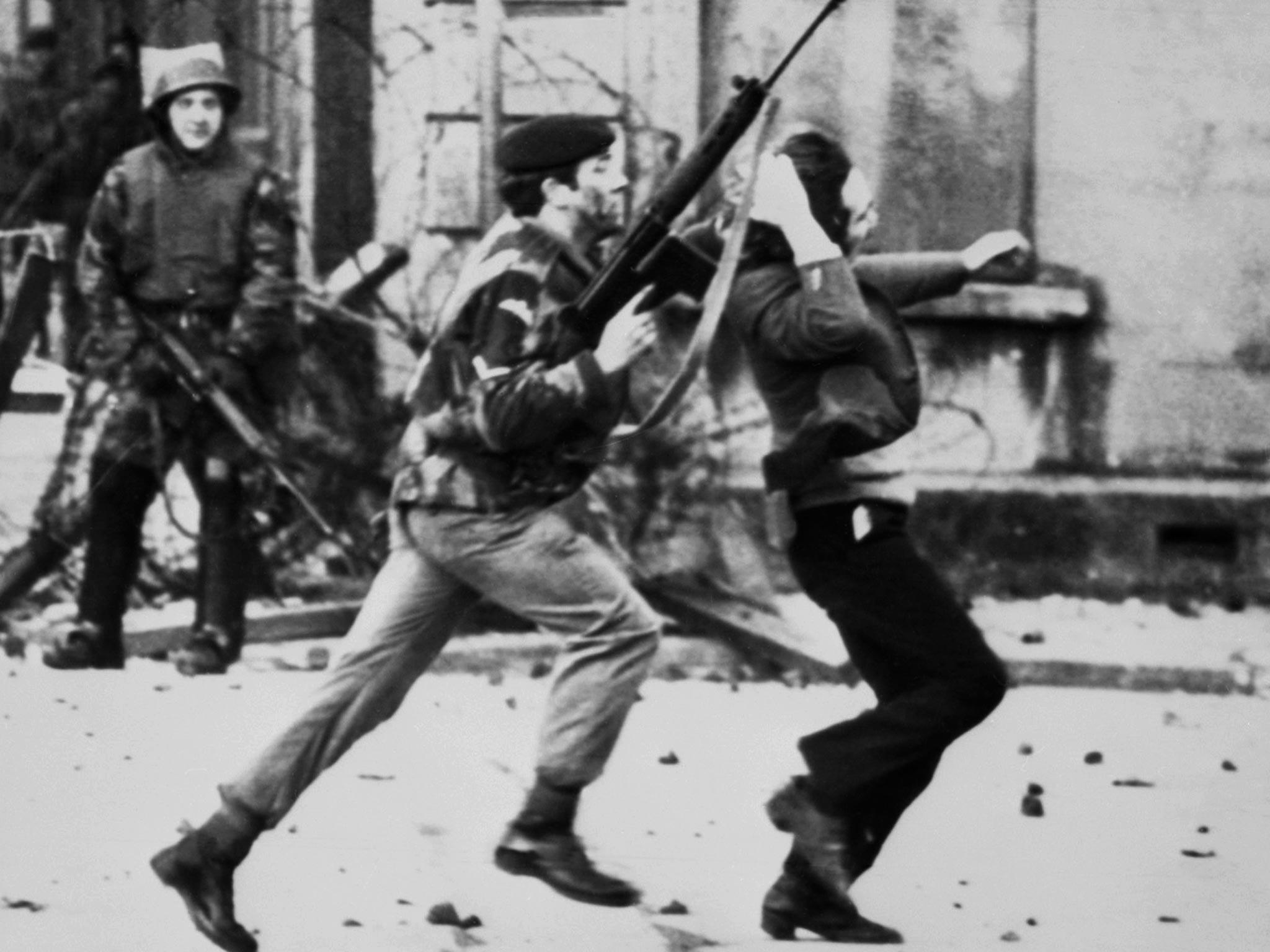Bloody Sunday: Ex-paratroopers launch legal bid to halt murder inquiry
They claim the investigation is being pursued for 'political reasons' and have called into question the legality of it

The Bloody Sunday murder inquiry could be called to a halt by legal action from former British soldiers.
Seven ex-paratroopers have launched a High Court bid challenging the Police Service of Northern Ireland’s (PSNI) murder investigation into Bloody Sunday following the arrest of a former Lance Corporal on Tuesday.
Lawyers acting for the former soldiers have applied for a judicial review of the way the police service is carrying out its inquiry.
They claim, according to The Daily Telegraph, the murder investigation is being pursued for “political reasons” and have called into question the legality of it.
On Tuesday, a 66-year-old known as Lance Corporal J was arrested on suspicion of the murder of three civil rights demonstrators on a march in Londonderry in 1972.
He is the first member of the Armed Forces to be detained in the inquiry, which is looking into the deaths of 14 people on Bloody Sunday.
The pensioner was released on bail on Wednesday evening but his fellow former soldiers want the whole inquiry to come to an end.
Solicitors acting for the seven men served emergency proceedings against the PSNI in the High Court.
According to the Telegraph, the lawyers argue it would be illegal to arrest any of the soldiers in their homes without notice and are requesting 24 hours’ notice for them to attend a police station.
Crucially, they claim the murder investigation, launched in 2012, is politically motivated and should be the subject of a judicial review.
This latest turn in events comes as the PSNI warned soldiers they may lose their right to anonymity if charged with murder or other offences, the same as other criminal suspects.
The soldiers, who opened fire on the civil rights protestors in 1972, were granted anonymity by the previous Savile Inquiry and fear reprisals if they are identified.
The PSNI told the Telegraph: “We are not treating suspects in this case any differently from suspects in any other case.”
